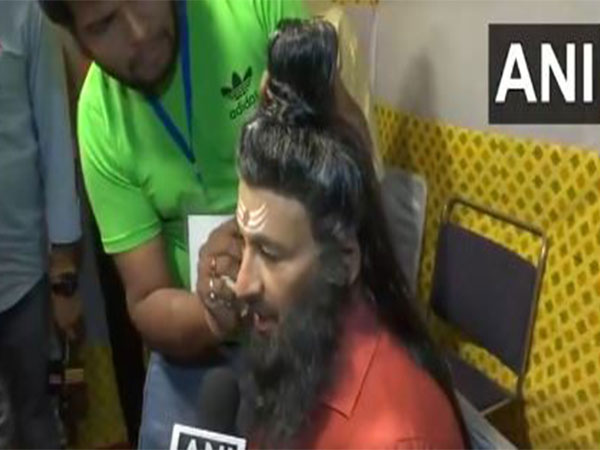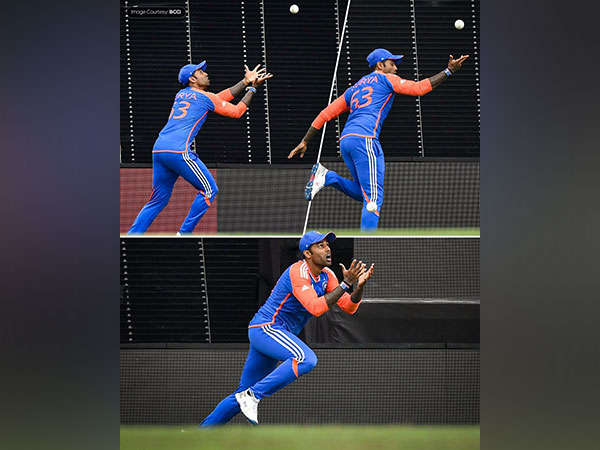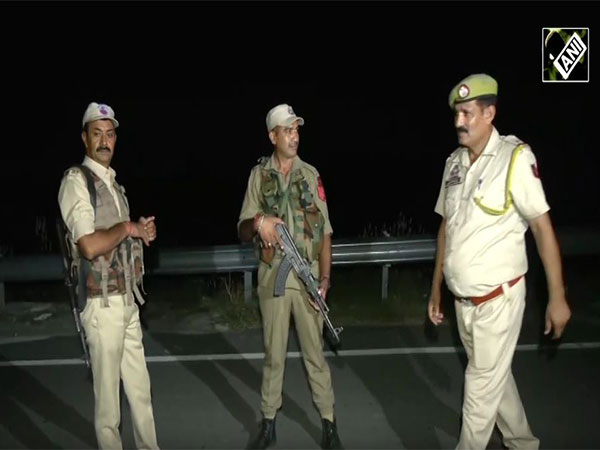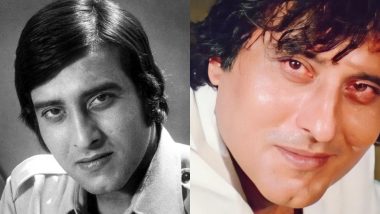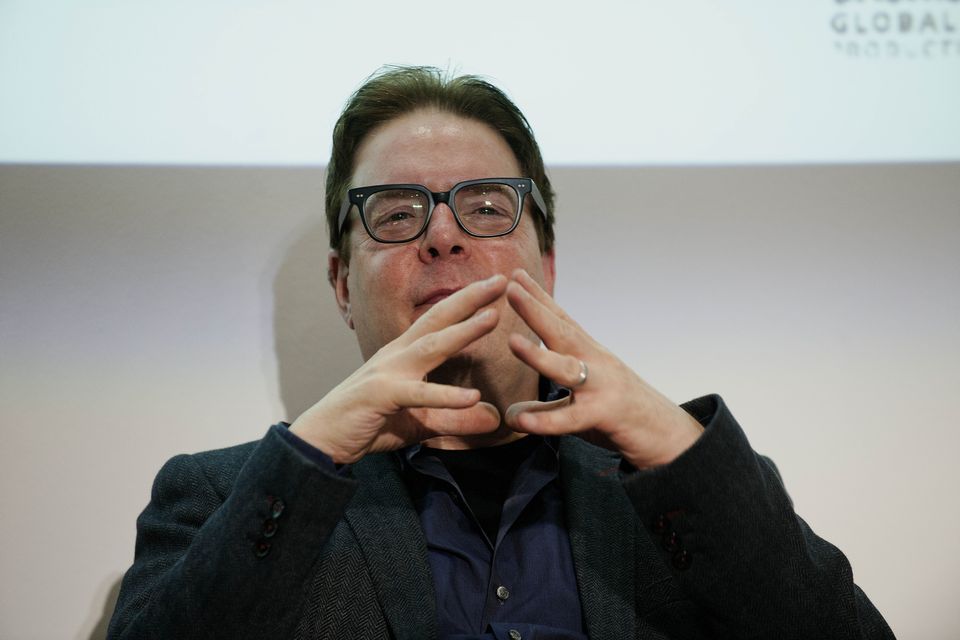
The Irish-American novelist on why books by John McGahern, Patricia Highsmith and Richard Yates deserve to be rediscovered Recalling 1970s Dublin: Douglas Kennedy. Photo: Jean-Marc Zaorski Irish-American novelist Douglas Kennedy is the author of bestsellers including The Moment, The Woman In The Fifth, The Pursuit of Happiness and The Great Wide Open . He began by telling me about my favourite of his books.
What was the inspiration behind your 1997 novel The Big Picture ? In 1992, I was living in London and the Observer sent me to Branson, Missouri, which is the Las Vegas of country music, to do a rather Hunter S Thompson-esque piece. On the way back, in Kansas City, I stumbled upon Richard Yates’ Revolutionary Road , bought a slightly battered paperback copy for five bucks, and on the flight back to London I read it, and it completely changed my way of thinking. Frank and April Wheeler are a couple — he is just back from the war, she is a young woman in New York, and they meet at a party.

He has Bohemian kind of longings, so does she. He has a job, she gets pregnant and they move to the ‘burbs, to a town in Connecticut. They find a house on a street called Revolutionary Road and, essentially, they pull each other apart.
It is one of the most devastating books I’ve ever read about the entrapment of marriage, about self-entrapment, and also very much about how we are the architects of our own cul-de-sacs. I think it is very much a very early feminist novel as well. April is a profoundly tragic character and yet one who understands the entrapment and wants to get them out of it.
There’s a brilliant moment in the book that from time to time, when I teach writing, I always bring students to. It’s a passage from the novel where April decides to book boat tickets for herself, her husband and their two young children to Paris so Frank can become a writer, and in a two-page passage, Yates follows Frank undermining himself and deciding to stay in a job he hates. I read that and was dazzled, and about three months later, I started writing The Big Picture .
Your second choice comes from your time in Dublin when you were running the Peacock Theatre. I lived in Dublin from 1977 to 1988 and I discovered John McGahern early on. My memories of Dublin from that era are always in black and white with a long stygian gloom to it.
It was also in some ways a remarkable era, because there was very much a proper Bohemian life in Ireland. You could be an artist and live on very little. When The Pornographer came out, I remember devouring it in a day and a night.
It spoke to me immensely. McGahern tells the story of a young man, Michael, who writes pornography for a man named Maloney, a failed poet. Michael has made almost a Faustian pact; he gets money and he writes these ridiculous pornographic stories of a colonel and a woman.
Michael’s living in a bedsit and he gets to know Josephine, who’s from the country, and with whom he begins a very cynical affair. Josephine basically discovers sex with him for the first time, and loves him, and of course she gets pregnant. McGahern is an astonishing writer.
I knew him a little bit because the late Kieran Hickey and I spent about a year and a half with Bord Scannán money developing this as a feature film. It never happened, but Kieran and I would sit around my basement flat in Rathmines working on the script and moving it forward. Kieran was, for me, one of the unsung heroes of Dublin in that era.
I love the idea of a pornographer in ’70s Dublin. It’s absurd on a certain level, and yet wholly credible, and its depiction of Ireland of that era, just before the change began to happen — when it was still fundamentally a theocracy, let’s be honest about this — is remarkable. It’s a forgotten gem and it really needs to be rediscovered.
And your final choice? Strangers on a Train by Patricia Highsmith was made into a celebrated film by Alfred Hitchcock, which is quite different from the novel. Two men meet on a train — Guy, who’s a bit of a playboy and is trying to divorce his wife because she’s been unfaithful to him, and Bruno, who looks very much like a respectable fellow but, obviously, there’s something wrong with his picture, so to speak. Guy confesses to Bruno that he would love to get rid of his wife.
This is the ’50s. Divorce is difficult. Bruno wants to get rid of his father, and Bruno jokingly says: “Why don’t we make a pact? I’ll kill your wife, you kill my dad, and the fact is no one can tie us to it because we’re strangers.
There’s no motive. Detectives look for motive.” I won’t spoil the rest of it.
We’ve all done this while travelling, we’ve all met somebody, and we’ve all exchanged secrets. Everyone has done that. Travelling, as I once wrote, is like the moving confessional box.
What I find astonishing about Highsmith is her ability to engender vast amounts of paranoia, and also the way that the mind is its own place. It can make a heaven of hell or a hell of heaven, and the fact that we’re all guilty of something. I think that’s a great Highsmithian theme.
There’s a great line of TS Eliot’s — “between the motion and the act falls the shadow” — that’s the Highsmith world right there. The fact that everyone has these shadows, that anyone can be pushed over the edge very quickly, and that the most dangerous individual is yourself. Join the Irish Independent WhatsApp channel Stay up to date with all the latest news.



